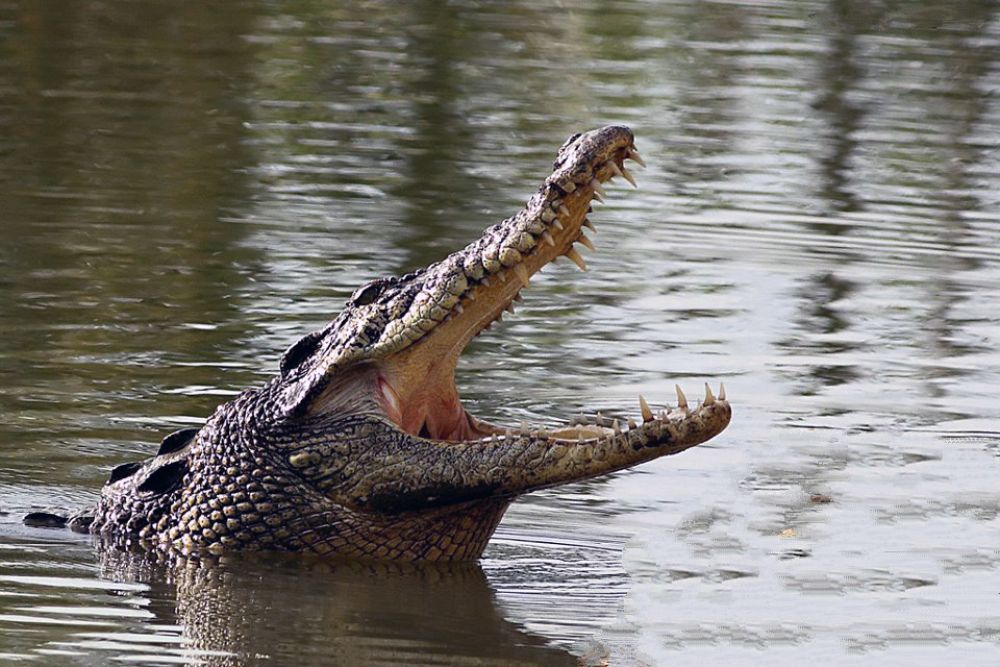

Established in the 1970s, the Bhagabatpur Crocodile Project in the Sundarbans, West Bengal, has been at the forefront of environment and wildlife preservation. Situated on the Bhagabatpur island, which is accessible by boat from Sajnekhali, this hatchery and sanctuary was developed as part of the conservation initiatives for the saltwater crocodile (Crocodylus porosus)—a species that was facing considerable threats from habitat loss and poaching.
Since its inception, the project has not only contributed to the rise in the crocodile population but also to the overall ecosystem of the Sundarbans—the largest mangrove forest in the world and a UNESCO World Heritage Site. The successful breeding and conservation programs have made the project a significant point of interest for eco-tourists and wildlife enthusiasts alike.
Tourism in Sundarbans has evolved over time with the rising popularity of eco-tourism. Visitors flock to this region not only to witness the majestic Royal Bengal Tigers but also to learn about and appreciate the unique biodiversity of the mangroves. The Bhagabatpur Crocodile Project became one of the integral components of this eco-tourism drive, showcasing the delicate balance between conservation efforts and tourist activities.
In response to the growing interest, facilities for tourists have been improved, including better boat services to the island and the development of guided tours which prioritize safety and the preservation of the natural habitat.
The project’s success story has significantly contributed to the development of local tourism by creating jobs for guides, boat operators, and staff within the sanctuary itself. It has also fostered a sense of pride and environment stewardship among the local communities, recognizing that sustainable tourism can lead to positive economic outcomes without harming the environment.
Today, the increased global awareness about conservation and ethical travel has led to a more informed and responsible visitor demographic. The Bhagabatpur Crocodile Project continues to adapt to these trends, providing educational experiences for tourists which emphasize the importance of conserving the saltwater crocodile species and the entire Sundarbans ecosystem.
Furthermore, the creation of interactive exhibits and the propagation of information on the life cycle and habits of the saltwater crocodile have made the project more engaging. This educational focus has become a principal aspect of the tourism experience here, ensuring visitors leave with a deeper understanding and respect for wildlife.
Before planning a visit to the Bhagabatpur Crocodile Project, tourists should note that the area is bound by strict conservation rules. It is essential to respect these regulations to ensure the safety of the wildlife and the longevity of the project. Exploring the sanctuary is typically done through organized tours, which include professional guidance and ensure adherence to conservation protocols.
Whether you're a wildlife aficionado, a nature lover, or simply an adventurous traveler, the Bhagabatpur Crocodile Project is a must-visit destination that promises an unforgettable experience, blending education, conservation, and the natural wonder of the Sundarbans.